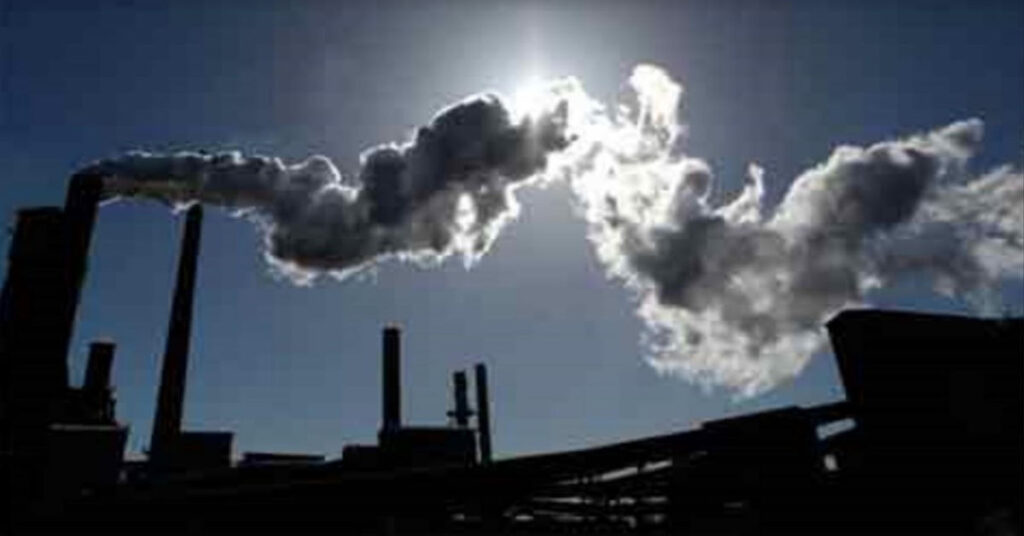
However, recent trends indicate a reinvigorated reliance on coal, primarily driven by lagging capacity additions from renewable sources and waning interest from the private sector in energy investments.
Thermal plants fire up coal as capacity addition lags, private sector interest wanes- As the global energy landscape grapples with the challenge of transitioning to cleaner sources, thermal power plants have increasingly found themselves under scrutiny. However, recent trends indicate a reinvigorated reliance on coal, primarily driven by lagging capacity additions from renewable sources and waning interest from the private sector in energy investments.
Thermal plants are reigniting their coal-fired operations as the momentum for adding renewable energy capacities stalls. This slowdown can be attributed to a myriad of factors, including supply chain disruptions. Regulatory uncertainties, and the high initial costs associated with green technologies. Such impediments have created a void in energy generation that coal-based thermal plants are now poised to fill.
Moreover, there has been a notable decline in private sector enthusiasm for energy projects. Investors, wary of long-term returns amid fluctuating policy landscapes and economic instabilities, have adopted a cautious approach. The inconsistent reguatory frameworks globally make it difficult for private players to predict the viability of their investments in the renewable sector. Consequently, they are less inclined to pour capital into new, unproven technologies. Preferring the more stable returns provided by existing coal-based infrastructure.
This return to coal is not without its consequences. The increased combustion of fossil fuels is set to exacerbate environmental concerns. Especially as global leaders had championed significant emissions reduction targets under agreements like the Paris Accord. Environmentalists and policy advocates are alarm by this trend, citing its potential to derail efforts to combat climate change.
The Need for Government and International Intervention
In light of this situation, it is imperative for governments and international bodies to foster a more conducive environment for renewable investments. This could involve stabilizing regulatory frameworks, incentivizing research and development in clean technologies. And ensuring that supply chains for these technologies are robust and resilient.
SUMMARY
In summary, while thermal plants are firing up coal to bridge the current energy gap. A holistic and strategic approach is necessary to mitigate environmental impacts and reignite private sector interest in sustainable energy solutions for a truly resilient future.
